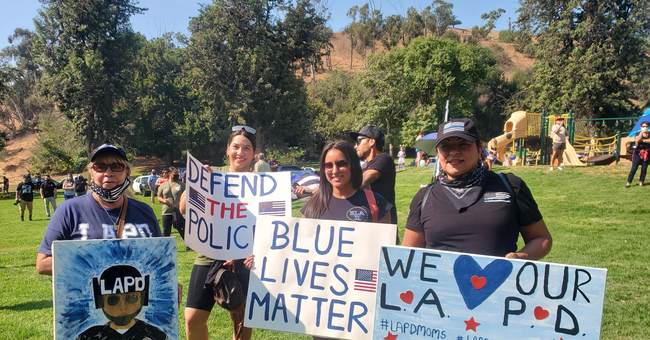
On Saturday, October 17, the second community-organized “Defend The LAPD” rally took place in Elysian Park, adjacent to the LA Police Academy. More than 700 people gathered to show their support, and Los Angeles City Councilmember Joe Buscaino outlined the measures the Los Angeles Police Department has already put in place to not only protect the city’s residents from crime but to help individuals and the community in a greater way.
As we’ve reported, police officers in Los Angeles and other cities hard-hit by Black Lives Matter violence and calls to Defund the Police are severely demoralized, and veteran officers are retiring in droves. Last week the Los Angeles City Council voted to move forward with receiving Requests for Proposal (RFP) for a pilot program testing the effectiveness of an unarmed crisis response team, one of Black Lives Matter’s pet causes, and they’ve already voted to reduce LAPD’s budget for this year by $150 million in spite of the thousands of extra hours of overtime made necessary by ongoing “peaceful protests” tacitly approved by the vast majority of councilmembers. Some city councilmembers seemingly agree with the BLM activists who believe LAPD officers are overwhelmingly racist, violent white men who regularly violate the civil liberties of “people of color,” who don’t care about the communities they work in, and that policing in Los Angeles needs to be “reimagined.”
City Councilmember Joe Buscaino, who wore the LAPD badge for 15 years and currently serves with the LAPD reserves, addressed the crowd and media, reminding them that LAPD “is the largest reformed police department in the country today” and that “we have been reimagining policing in Los Angeles for decades.”
Buscaino represents the Watts area, which has seen a major increase in homicides and violent crime this year (as we covered here). He said:
We should not be politicizing policing in the City of Los Angeles. These are life and death issues…We need to collectively share that narrative, that LAPD is the largest reformed police department in the country today, that we have been reimagining policing in Los Angeles for decades.
Some of this reimagining occurred because of a Consent Decree the department entered into with the US Department of Justice in 2001, two years after a massive corruption scandal at the LAPD’s Rampart Division came to light. The department was subject to that decree until 2013. Buscaino said the consent decree’s requirements:
“[M]ade us a more accountable, professional, and inclusive police department, to the fact that today 70% of the rank and file of LAPD are either women or people of color. And we are proud of that, because that’s a police department that reflects the City of Los Angeles.
So much for the narrative that LAPD officers are overwhelmingly white supremacists.
Black Lives Matter and People’s Budget advocates consistently argue that by defunding the police more tax dollars can be used to increase economic opportunity in low-income neighborhoods and that a lot of the violence is due to overpolicing. Buscaino argued that LAPD is already doing that in his district through the Community Safety Partnership (CSP) program, without cutting policing:
In Watts, we’ve enabled to reduce violent crime in Jordan Downs. Jordan Downs was once the most violent housing development in the country. We were able to build relationships between the cops and the community through the Community Safety Partnership that we modeled and piloted in Watts, but most importantly we brought millions of dollars of state and federal grants into the Watts community when we brought in a Nike store, a new Smart & Final, a new Starbucks, Habit burger, but we were able to do this without removing policing in Watts. And that is a model to follow moving forward in the City of Los Angeles, that we can have both. We can at the same time not cut policing but bring in investments in communities of color.
Commenting on the Defend the LAPD Facebook group‘s page (the group that has organized both rallies), Buscaino pointed to a recently-released UCLA study to back up his claims:
I am particularly proud of the Community Safety Partnership, a community policing model we have piloted in Watts. A six-year UCLA study proved that CSP dramatically reduced crime while creating harmony between the officers and the community – isn’t that something all sides can agree on? But community policing is actually more expensive because the officers get additional training and a higher salary.
In comments made during an October 2 press conference addressing an uptick in homicides and violent crime occurring in his district in the wake of the pandemic and BLM protests, Buscaino again noted the success of the CSP and also the effectiveness of the Watts Gang Task Force. (Buscaino’s comments begin at the 2:39 mark in this video.)
LIVE: LAPD Chief Michel Moore will discuss the uptick in violent crime in South Los Angeles. https://t.co/cQAY0J1QwF
— LAPD HQ (@LAPDHQ) October 2, 2020
While the loudest voices on the progressive left call for defunding or abolishing police departments, there are quite a few progressive voices who say things like, “Well, we can’t defund the police entirely, but we need to have more community involvement and more training on de-escalation tactics and intervention/diversion programs.” That’s already happening in Los Angeles, Buscaino said:
I am tired of reading headline after headline about the shootings and homicides happening in my district and throughout South Los Angeles. We are better than this. We are a community of hard-working families. Kids are out of school. Guns are out in the streets. Fewer police officers on the streets is a recipe for a spike in crime.
In Watts, I know that the Community Safety Partnership (CSP) is a success within the developments, and Mr. Harris-Dawson and I both agree that the Community Safety Partnership needs to be expanded throughout the city, and we just approved two additional CSP’s in Mr. Harris-Dawson’s neighborhood.
Now, these shootings are not happening in our developments because our officers are working hand-in-hand with our community, working hand-in-hand, building that faith, trust, and confidence between our officers on the streets and our community. I’m so proud of our Watts Gang Task Force, which also needs to be modeled city-wide. Every week we are talking about crime issues, every week we are bringing the police officers, the captains here at Southeast, community-based organizations, talking about how we need to reduce crime.
Additionally, we need to grow our intervention worker program through the Gang Reduction and Youth Department. These warriors are in the trenches, and we need to expand and support their efforts to continue saving lives.
Nowhere in the country are you seeing this, nowhere in the country. And in a time where there’ve been calls to get rid of our police department, there’s been calls to decimate police agencies across the country, I say this: Come to South Los Angeles. Look at what’s taking place with our faith-based organizations. Look at the faith and trust and confidence we have between our cops and our community, a national model to follow.
Anti-police activists falsely claim that studies show that an increase in policing in a community makes it more violent and unsafe, concluding that defunding the police will make these violent neighborhoods safer. But, two studies conducted more than a decade apart show that the reforms enacted during the Consent Decree era, along with a major increase in the number of officers, led to a decrease in crime and an increase in community satisfaction. Along with the UCLA study cited earlier, a 2009 Harvard study billed as “among the most comprehensive assessments ever conducted of a police department outside of a time of crisis” that examined the effect of the consent order found:
Despite the views of some officers that the consent decree inhibits them, there is no objective sign of so-called “de-policing” since 2002; indeed, we found that both the quantity and quality of enforcement activity have risen substantially over that period.
Our analysis confirmed what others have previously reported: that serious crime is down substantially in Los Angeles over this same period. Indeed, recorded crime is down in every police division in the city. A majority of Los Angeles residents no longer rate crime as a big problem, substantially down from only four years ago, and that is true among Black and Hispanic as well as White and Asian residents.
It seems that activists in Los Angeles who are making the calls for “reimagining policing” are ignorant of exactly what’s been happening in the city between the LAPD and community groups and the success stories coming out of these programs. The lead researcher in the UCLA study said that within the housing developments targeted by the initial CSP’s, the residents’ lives “were literally changed by the CSP.” Why don’t these activists learn a bit about what’s actually happening before spouting off and stirring unrest? Perhaps many of them don’t actually live in the neighborhoods they’re talking about, a topic we’ll address in the next installment of this series.
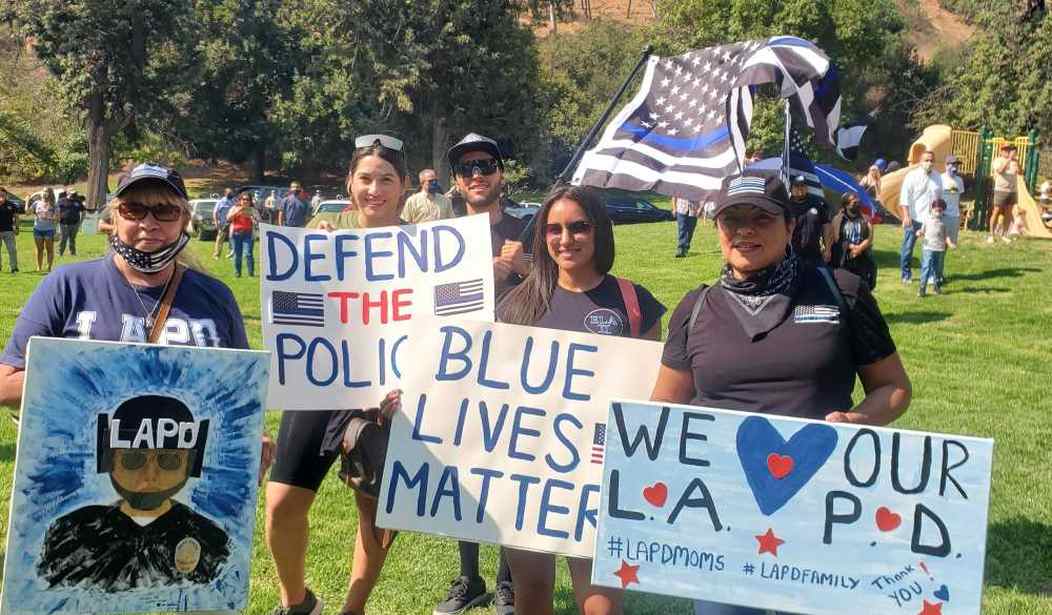



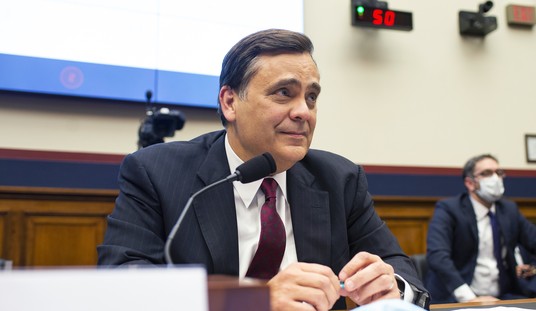
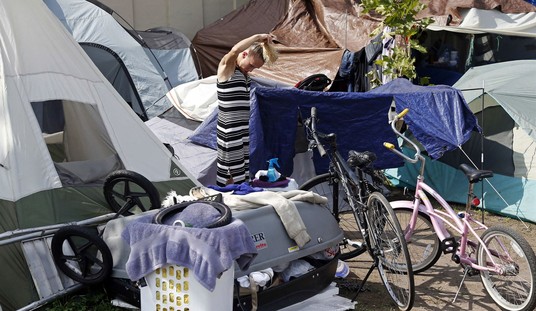

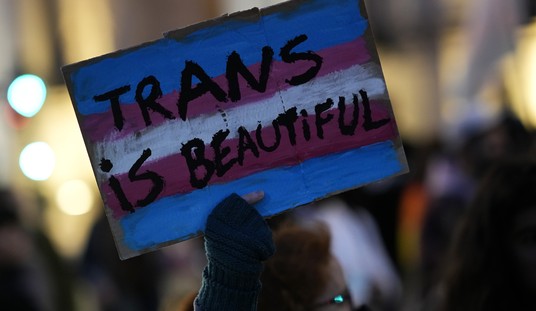

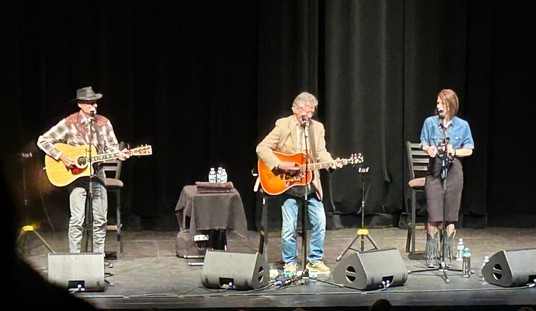

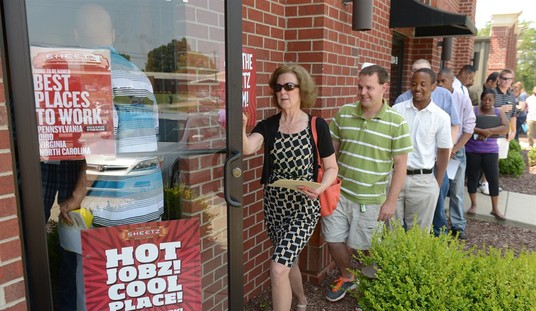
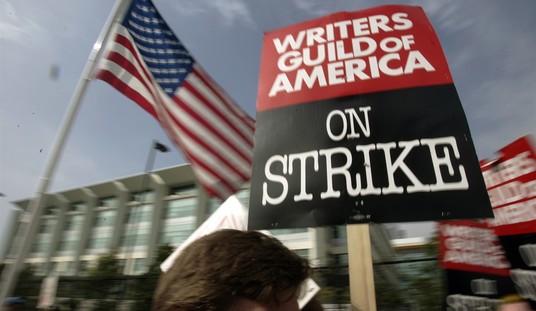
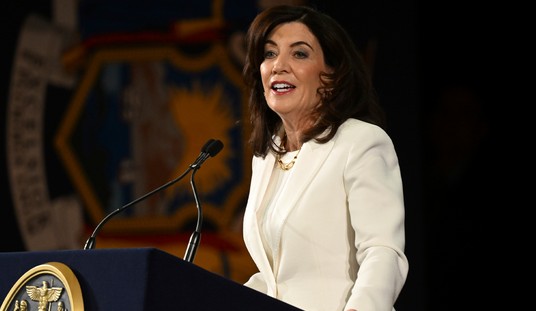
Join the conversation as a VIP Member